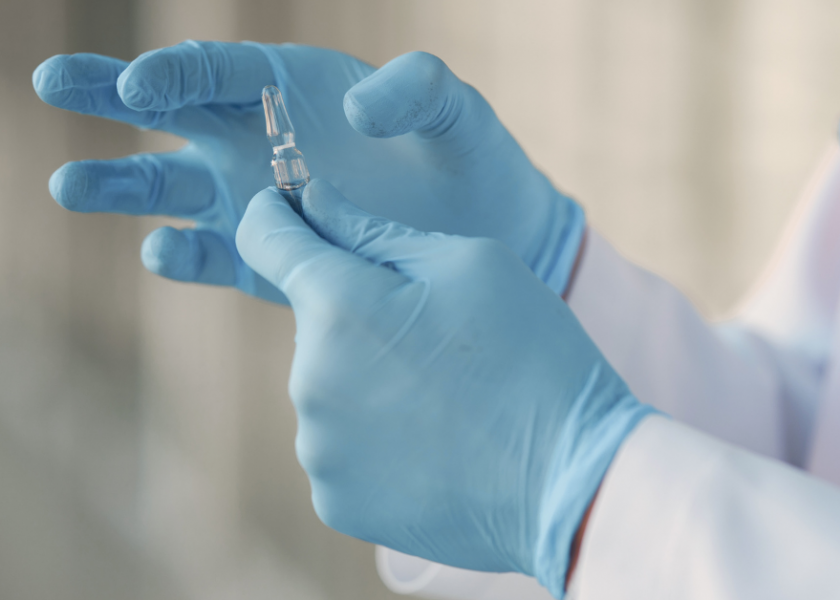4 Things Animal Ag Can Learn from the Human Response to COVID-19

When the COVID-19 pandemic started, many swine industry veterinarians stepped up and took part in conversations with human medical doctors to discuss herd immunity and brainstorm ideas for how to tackle this disease in humans.
Throughout the past year, many lessons have been learned. National Pork Board’s Chief Veterinarian Dave Pyburn, DVM, shared four things he believes the livestock industry can take away from the human response to novel coronavirus during the Coalition for Epi Response, Engagement and Science (CERES) Biosecurity Infectious Disease Symposium at Colorado State University.
1. Get response plans and resources ready now.
Effective response plans and stockpiled resources need to be identified and ready to go on day one of an outbreak.
“In addition to plans and resources being readily available to deploy immediately when an outbreak occurs, it’s critical that these plans and resources be tested over and over again in mock exercises first,” Pyburn said.
It’s important that people know what they are going to do when an emergency strikes. Mock exercises help people realize that no plan is ever perfect, and adjustments will need to be made along the way. But Pyburn said knowing this in advance will help us be better at a response as an industry.
2. Validated diagnostic tests are critical.
“Another thing I think that we can learn from the human side is that we will need validation of diagnostic tests, and the samples for those tests ahead of time,” Pyburn said.
Although it was impossible to be prepared for COVID-19 since no one saw it coming, he believes we can learn lessons on diagnostic testing on the animal side.
“For the most part in the swine industry, we know those foreign animal diseases that are circulating around the globe that have a good chance of eventually coming here. So, let's get ready now,” he said. “Let's have our tests ready.”
3. Vaccines save lives.
Because the swine industry knows what’s coming, as far as foreign animal diseases go, Pyburn said it’s important to get vaccines ready now.
“Through research, let's get them effectively tested, and then let's get them stockpiled and ready to roll out in a time of need for response,” he said.
4. Contact tracing will be essential to business continuity.
“We need to make sure that we can do contact tracing,” Pyburn said. “It’s hard to do on the human side, but I think as a veterinarian and working with the animal industries, we can do that better because of the ways our animals move and how they're permitted or tested to be able to move.”
No one wants to see a foreign animal disease hit U.S. soil. But Pyburn said there’s a lot of things that can be learned from the human response to the COVID-19 pandemic to make animal agriculture’s response to a foreign animal disease threat much more effective and efficient.
More from Farm Journal's PORK:
Is the Livestock Industry Prepared for a Foreign Animal Disease Outbreak?
Herd Immunity in Pigs: A Case Study for Getting America Back to Work
FAD Tabletop Exercise Provides Reality Check for Swine Industry







